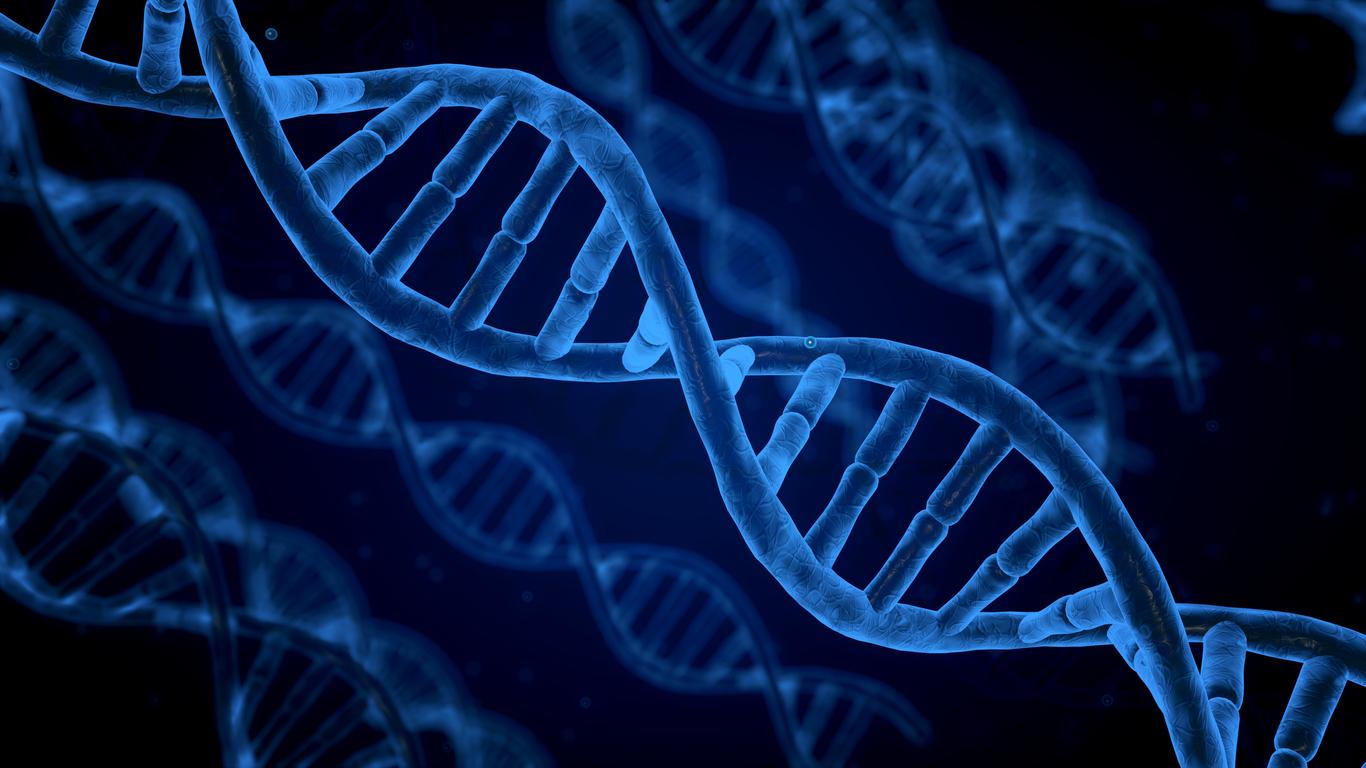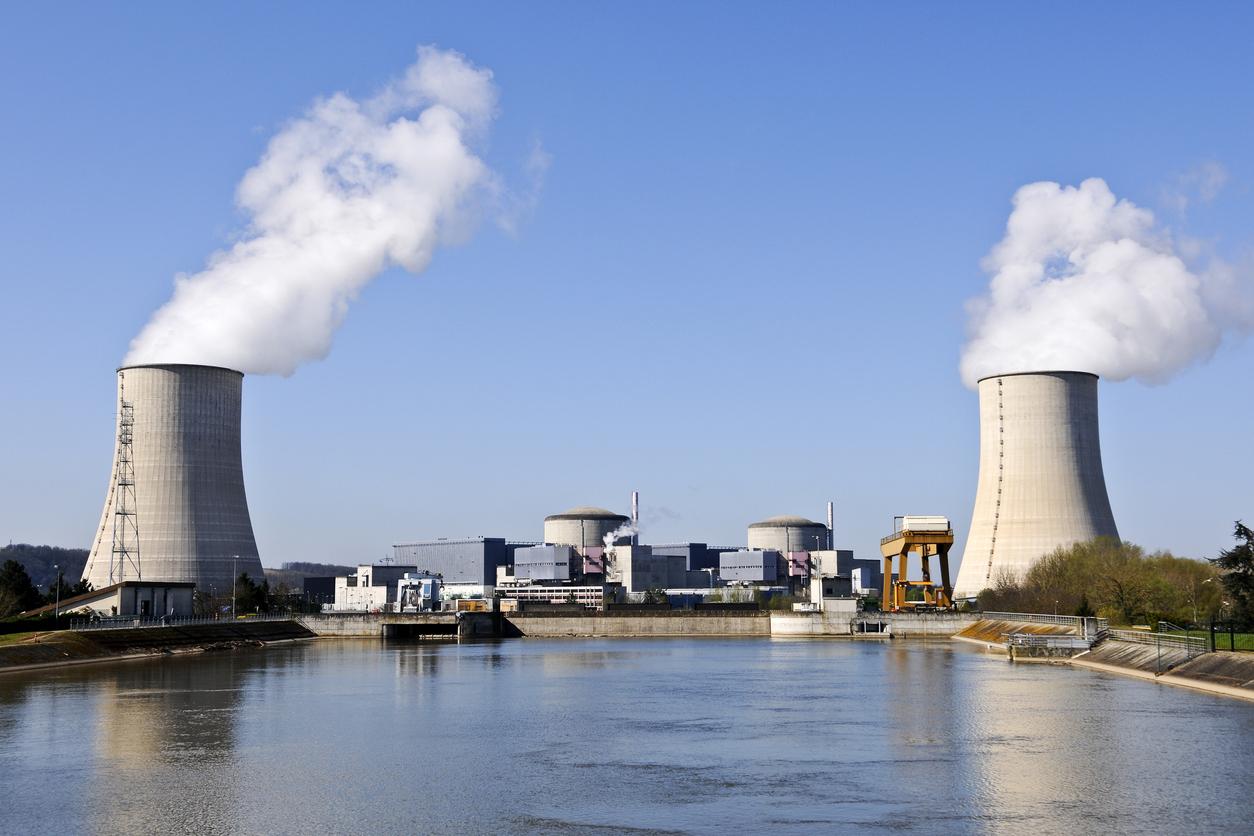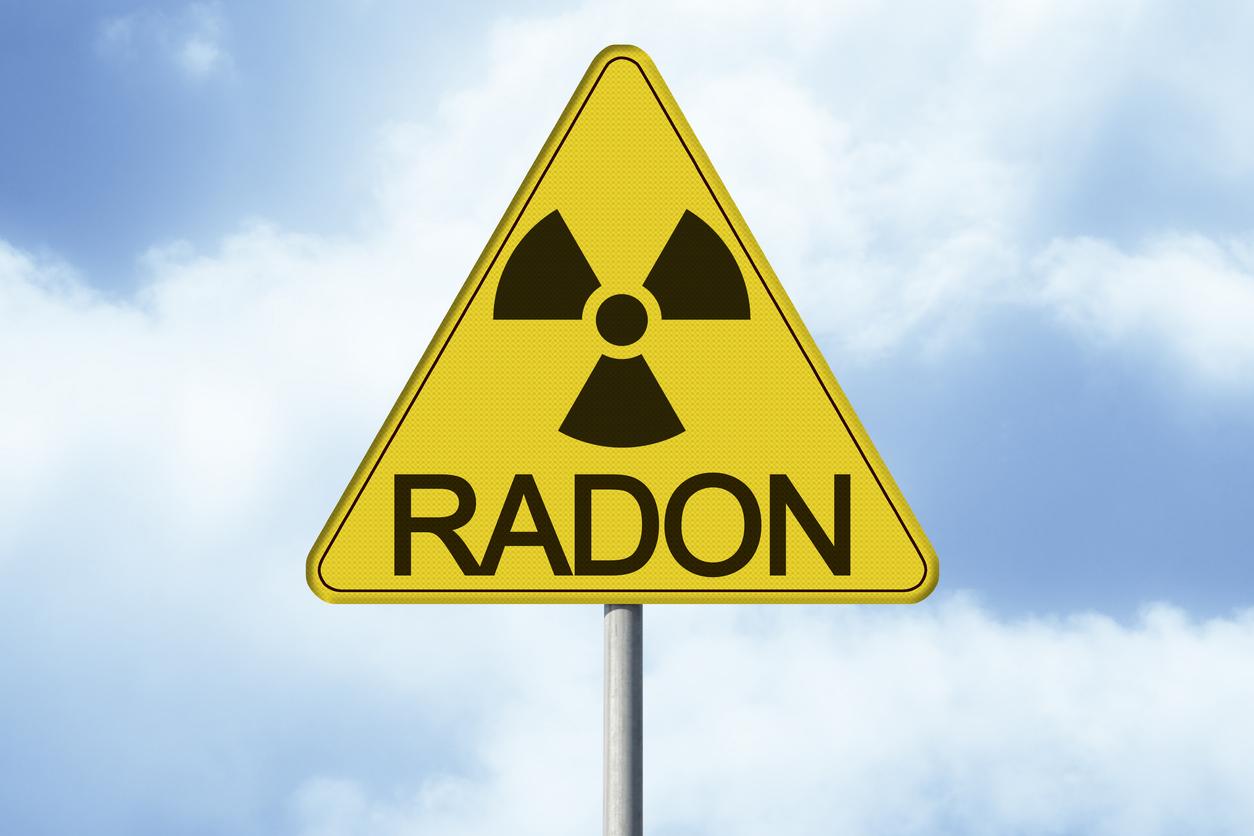Researchers have shown that non-coding DNA can play a critical role in gene expression and immune response, paving the way for new cancer therapies.

- Non-coding DNA, sometimes nicknamed “junk DNA”, refers to all the sequences of the genome which are not translated into proteins. These are these “transposable elements” which are repeated in the host genome in a dispersed manner.
- Researchers have discovered that the expression of certain transposable elements changes completely during the so-called “exhaustion” phenomenon of certain cells of the immune system (T lymphocytes) which occurs in cancers.
- This study opens the way to new therapies against cancer. For example, according to the researchers, we could increase the expression of these transposable elements “in order to preserve the ability of T lymphocytes to kill tumor cells”
Non-coding DNA, nicknamed junk DNA, refers to all the sequences in the genome that are not translated into proteins. Although it has long been considered useless by science, researchers from the Institut Curie, CNRS and Inserm have just revealed that these “transposable elements” of the genome would actually play a key role in an immune context. Their work was published in the journal Science Immunology.
“The human genome is made up of 2 to 4% genes and 40 to 50% transposable elements, recalled in a communicated Dr Christel Goudot, engineer specializing in bioinformatics and co-author of the study. An entire section of the genome that has long been ignored! Recently, the advent of sequencing methods has shown that these elements […] play a role in the regulation and expression of genes. That’s why we’re so interested in them.”
The role of transposable elements in the context of tumor immunity
The research team started with an observation. In the event of a virus or tumor, T lymphocytes, whose function is to destroy infected cells, are subjected to such “prolonged stimulation” that they end up being “exhausted” over time, which makes them ineffective. But not all T lymphocytes are as “exhausted” as each other, explains Dr Christel Goudot: “Some classified as ‘progenitors’ have retained a certain capacity to kill cancer cells, which is less the case for other so-called ‘terminal’ T lymphocytes.”
It is to understand this distinction between these two categories of “exhausted” cells that researchers studied the role of junk DNA, transposable elements, in the context of tumor immunity. They relied on sequenced data from tissue samples or single cells, taken from the scientific literature of the last five years, in order to study the Messenger RNA produced during genome transcription.
Retain the ability of T cells to kill cancer cells
As a result, the team found that some “transposable prop elements[ent] repressed[s] in terminally exhausted T cells, whereas they were not in progenitor T cells. (still capable of destroying cancer cells). “This regulation [est] ensured by a transcription factor (Fli-1) involved in the progression of the progenitor T lymphocyte into a terminal T lymphocyte.adds Dr Christel Goudot.
This study opens the way to new perspectives in immunotherapy for cancers. For example, according to the scientist, we could increase the expression of these transposable elements “in order to maintain the ability of T lymphocytes to kill tumor cells”, or “use these transposable elements as biomarkers in cancer patients”.


















